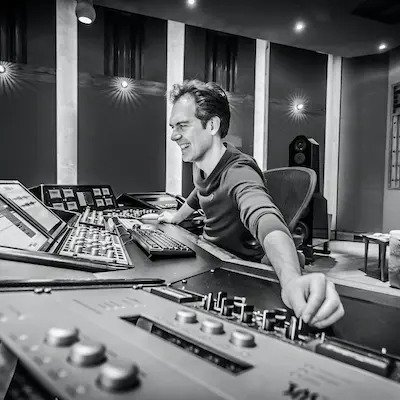Music Studies: Your Rights
 Once you start working more professionally as a songwriter or producer, it is useful to know what rights there are within the music industry. Much attention is also paid to this at the Wisseloord Academy. It is important to know what you are entitled to and how to register this.
Once you start working more professionally as a songwriter or producer, it is useful to know what rights there are within the music industry. Much attention is also paid to this at the Wisseloord Academy. It is important to know what you are entitled to and how to register this.
Simply put, music rights can be divided into two types of rights. Copyright and master rights.
Copyright belongs to the author(s) of an original composition. So, if you write a new song on your own, you have 100% right to the copyright of that song. You register this right with a copyright organization, in the Netherlands for example Buma/Stemra or SACEM in France..
Master right belongs to the performing artist(s) and the producer of the song. Performing artist(s) include the main artist of the song and the musicians who have recorded (parts of) the song, such as a guitarist, a drummer, or a pianist. The producer is the party that ensures that the production can be made. In the Netherlands, for example, you register this right at Sena.
Please note that you can have both copyright and master right for a song. This can be the case, for example, if you are the artist and writer of a song yourself.
Music rights can be quite complicated, for example with ‘sampling’. This is using a piece of audio from a previously released song. If you incorporate this into a new song, you can’t just release it without consultation. Always check who the rightful owners of this piece of audio are and contact the relevant parties. They must first give permission before you can use it. This is often accompanied by the (partial) relinquishment of copyright, but this differs per deal. This also applies to ‘remixes’.
If you are offered a publishing or record deal, always check the contract carefully before signing it. That sounds very logical, but many people sign too quickly out of enthusiasm without realizing what they have signed. There are lawyers and independent parties that are specialized in music law. Always be well informed and don’t be afraid to talk to the parties involved about your contract. A collaboration should feel good for both parties.
To read more about Music Studies and how to improve the process of developing, creating and refining recorded music visit our knowledge base page about Music Studies Education.
